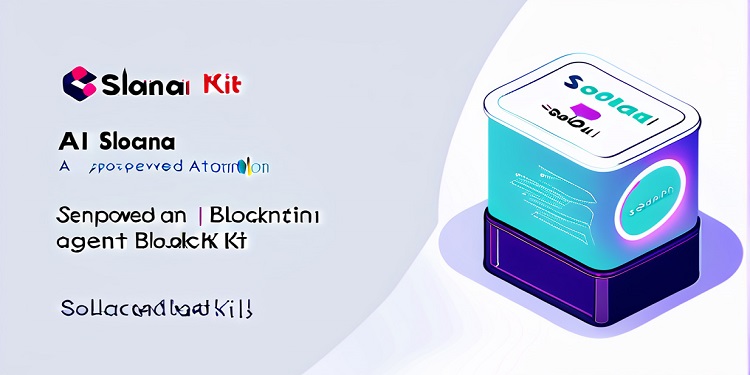Sonic SVM has launched SonicX, the first Web3 game integrated with an embedded wallet within the popular video-sharing platform TikTok. The game is designed to help users of TikTok, particularly those unfamiliar with blockchain technology and decentralized applications (dApps), become more acquainted with these innovations. During its launch phase, SonicX has successfully introduced around 100,000 TikTok users to the world of Web3, marking a major milestone for Ticker Games.
SonicX is a simple HTML5 clicker game, drawing inspiration from successful tap-to-earn games such as Notcoin and Hamster Kombat. Players engage in the game by tapping the screen to generate rings, which are then stored on the blockchain. These rings can make players eligible for a variety of blockchain-based rewards, such as cryptocurrencies and non-fungible tokens (NFTs). This integration of gaming and blockchain technology aims to make the world of Web3 more accessible to TikTok’s massive user base.
Embedded Wallet Enhances User Experience
One of SonicX’s standout features is its embedded wallet, which simplifies the process of participating in the game. The wallet incorporates account abstraction, allowing users to recover passwords easily without the need to manage complex private keys. Players can log in using their existing TikTok accounts, ensuring that all achievements and ring collections are securely recorded on the blockchain. This frictionless experience makes it easier for users who may not be familiar with blockchain technology to engage with Web3 features.
The game also includes competitive elements, such as leaderboards and daily challenges, offering players additional opportunities to earn rewards. In an effort to grow its user base further, SonicX incentivizes players to refer friends, providing extra rewards for successful referrals. This combination of simplicity, security, and engagement has been key to SonicX’s early success in attracting users to the Web3 space.
Building on Solana’s Blockchain Ecosystem
Sonic SVM, the developer behind SonicX, has received $12 million in funding to support its mission of creating a foundation for blockchain gaming within the Solana ecosystem. The company has developed infrastructure that allows game developers to create Layer-2 networks specific to their games. These Layer-2 solutions enable faster and more efficient transaction processing by conducting operations off-chain, reducing costs and improving speed.
Despite its early success, Sonic SVM has faced challenges in attracting blockchain game developers. The rise of specialized gaming blockchains like Immutable X has increased competition in the space. However, Sonic SVM’s innovative infrastructure, which includes the Sonic Virtual Machine and HyperGrid, provides improved performance and scalability, making it an attractive platform for Web3 gaming within the Solana ecosystem.
Expanding Blockchain Gaming with Flexibility and Usability
A notable advantage of SonicX’s embedded wallet is its flexibility. Users can easily export their private keys for use in other Web3 applications within the Solana ecosystem. This feature enhances the usability of the embedded wallet, encouraging wider adoption of blockchain gaming by providing players with the flexibility to interact with various Web3 services beyond SonicX.
Chris Zhu, co-founder and CEO of Sonic SVM, highlighted the simplicity of the login process through TikTok, expressing confidence in the platform’s potential to expand its user base. Zhu emphasized the company’s commitment to improving the user experience across a range of Solana applications. Since its launch, SonicX has attracted over 120,000 TikTok users, showcasing the potential of integrating Web3 technology into popular social platforms to drive mass adoption.
As SonicX continues to evolve, the game’s embedded wallet and seamless integration with TikTok offer a promising model for how blockchain gaming can reach a broader audience. By making Web3 more accessible and engaging, SonicX is not only introducing users to the possibilities of decentralized applications but also paving the way for future innovations in blockchain-based gaming.









